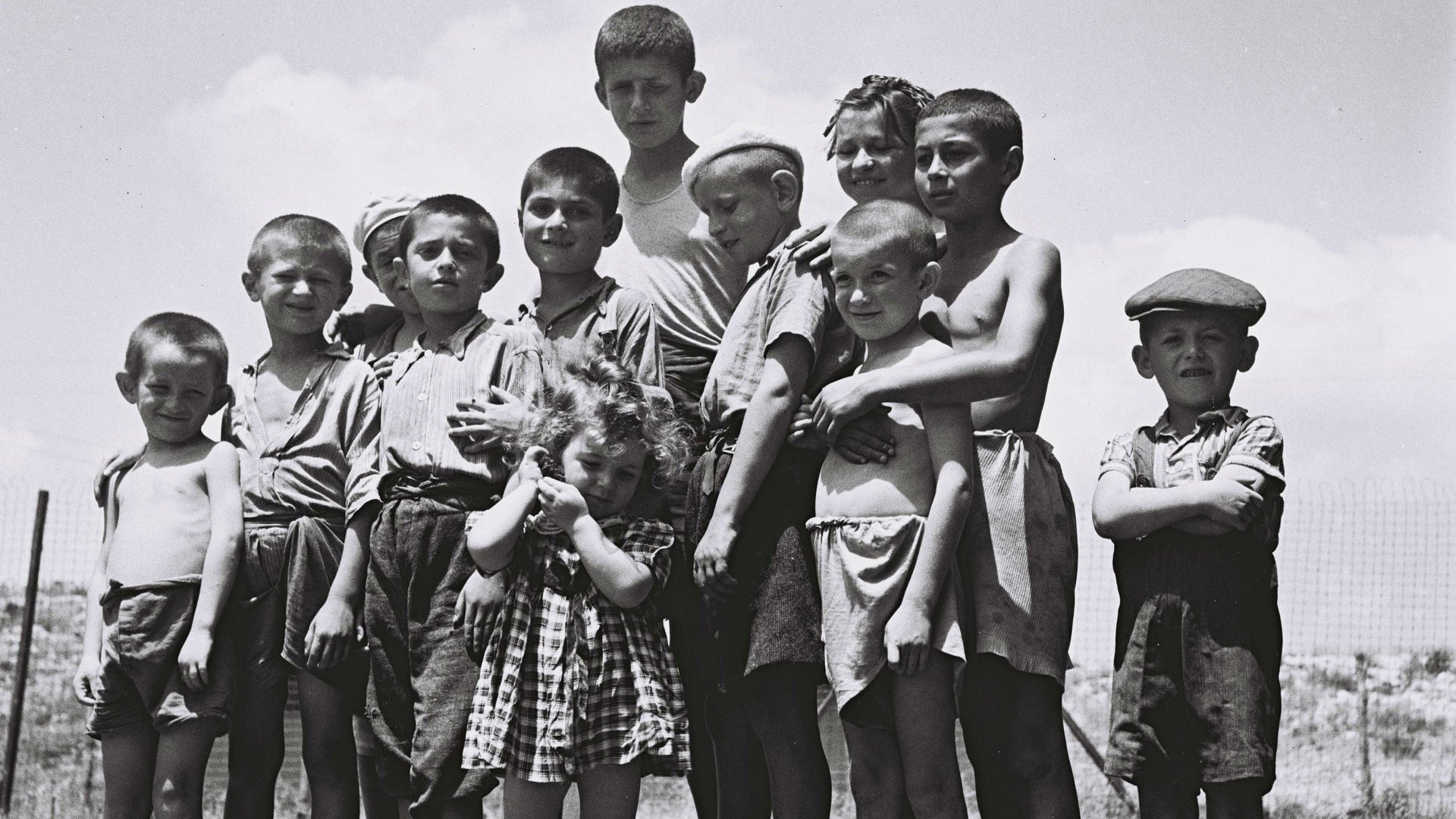A survey of Americans on Jewish refugees in the 1930s shows history is repeating itself
Americans seem to be evenly split on the question of whether to accept refugees. Governors in 27 of the 50 states say they’ll refuse to welcome Syrian refugees to their jurisdictions. And a Reuters poll taken this week shows that 52% of Americans believe taking in refugees makes the country less safe—while in September, before the Paris attacks, about half of Americans said the US should accept more Syrian refugees.


Americans seem to be evenly split on the question of whether to accept refugees. Governors in 27 of the 50 states say they’ll refuse to welcome Syrian refugees to their jurisdictions. And a Reuters poll taken this week shows that 52% of Americans believe taking in refugees makes the country less safe—while in September, before the Paris attacks, about half of Americans said the US should accept more Syrian refugees.
That’s a warmer reception than refugees found in the US during World War II, but barely.
In the 1930s, thousands of Jews desperate to escape Hitler’s regime began applying for safe haven in the US and other countries. Americans didn’t want them.
That was before Kristallnacht—the night the persecution of Jews turned horribly violent, marking the “unofficial” beginning of what would later be referred to as the Holocaust.
Still, Americans were largely unmoved. This poll was taken two months after Kristallnacht:
While the US did ultimately admit some Jewish refugees, accepting more would have been difficult in the face of the country’s rampant xenophobia, and the economic climate helped make it a political impossibility. (Not only was the country recovering from the Great Depression, but many Americans blamed Jews for it.)
A 1939 bill would have permitted 20,000 Jewish children under the age of 14 trapped in Nazi Germany to enter the US, but more than 80% of Americans opposed it. Laura Delano Houghteling, US president Franklin D. Roosevelt’s first cousin and the wife of the US immigration commissioner, allegedly voiced her concern that “20,000 charming children would all too soon grow up into 20,000 ugly adults.” Pressured by public opinion, Roosevelt refused to support the bill, and it never came to a vote.
Many Americans who today are against accepting Syrian refugees argue that the situation is different this time because they believe Syrians represent a national security threat, whereas no one thought the same of Jews 75 years ago. Only, both of these assertions are off base: Syrian refugees do not pose a threat to the United States, and Americans during World War II did perceive Jewish refugees to be a threat.
Republican presidential candidate Jeb Bush said he would welcome refugees who can ”prove” they are Christians. Rival Chris Christie, the grandstanding governor of New Jersey, said that he would not allow even an orphaned five-year-old refugee into the US. (This was the same man who only weeks ago broke with his political party and showed some exceedingly rare compassion for drug addicts.) Other responses from the Republican field were similarly hostile.
Despite the outcry, which so far is coming mainly from conservatives—all 27 sitting governors who have said they’ll refuse to admit refugees to their states are Republican—the US will still admit several thousand refugees in the coming year.
Count on the Republican presidential candidates to frame this more as an affront than an act of goodwill. When it comes to the refugees fleeing the very same enemy these politicians want to wipe out, or really to Muslims in general, there is little compassion to be found. This is, sadly, is becoming something of an American tradition.
Image by Government Press Office on Flickr, licensed under CC BY-NC-SA 2.0.